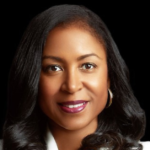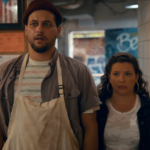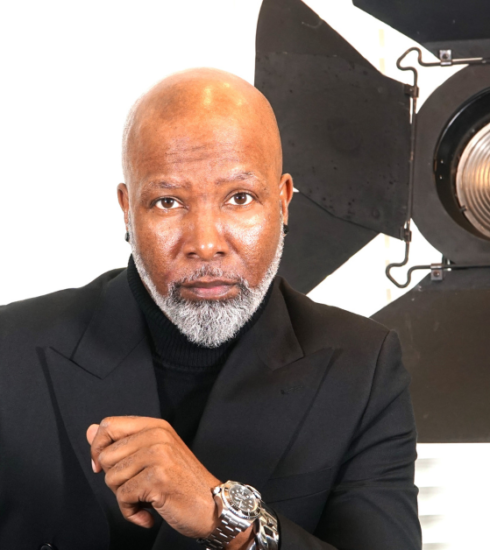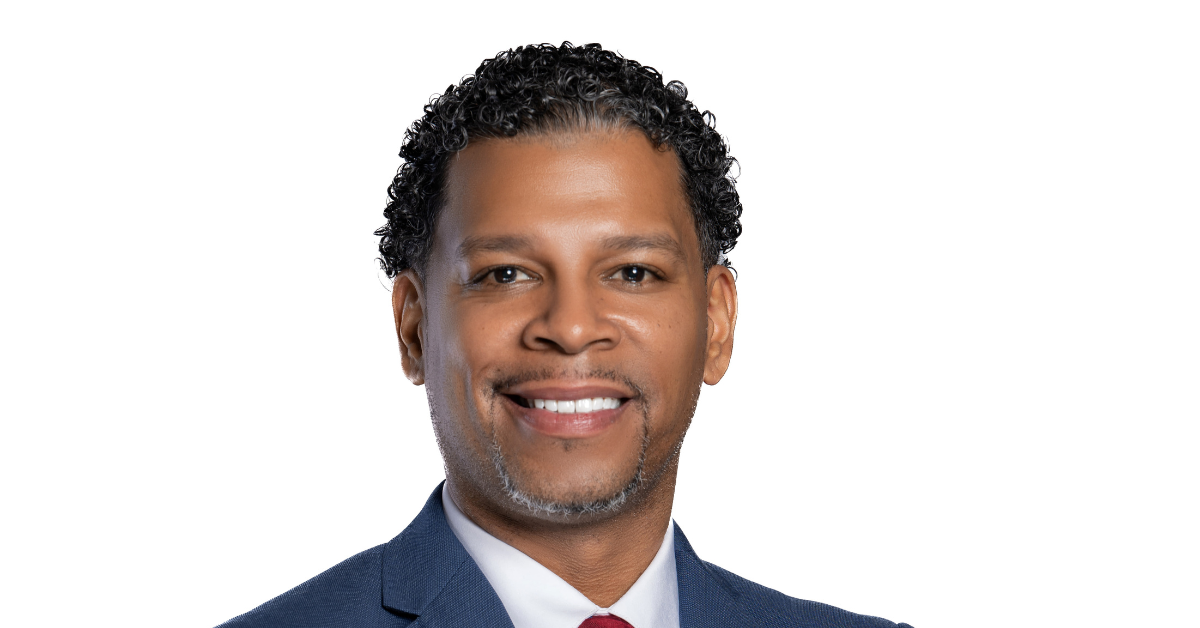WONDR Nation CEO Anika Howard is in the spotlight.
Anika Howard is the CEO, and other CEOs should look to her for advice on how to properly set up their businesses for current and future success. It’s because she understands how to look at the big picture while remaining committed to a company’s essential beliefs. However, she ensures adaptability since, as times change, so do the customer’s tastes, demands, and desires. When it comes to understanding how to integrate technology for the company’s competitive performance as well as how vital diversity will be required to lead it into the future, she has an unparalleled passion.
She is the CEO of WONDR Nation, the Mashantucket Pequot Tribal Nation’s newest business. It is an online gaming entertainment firm that focuses on creating fresh and engaging experiences for users by utilizing developing technologies and trends. I had the wonderful chance to speak with her about her job as CEO, her business career that led her to this point, how technology can help a firm stay competitive, and the value of diversity within the organization.
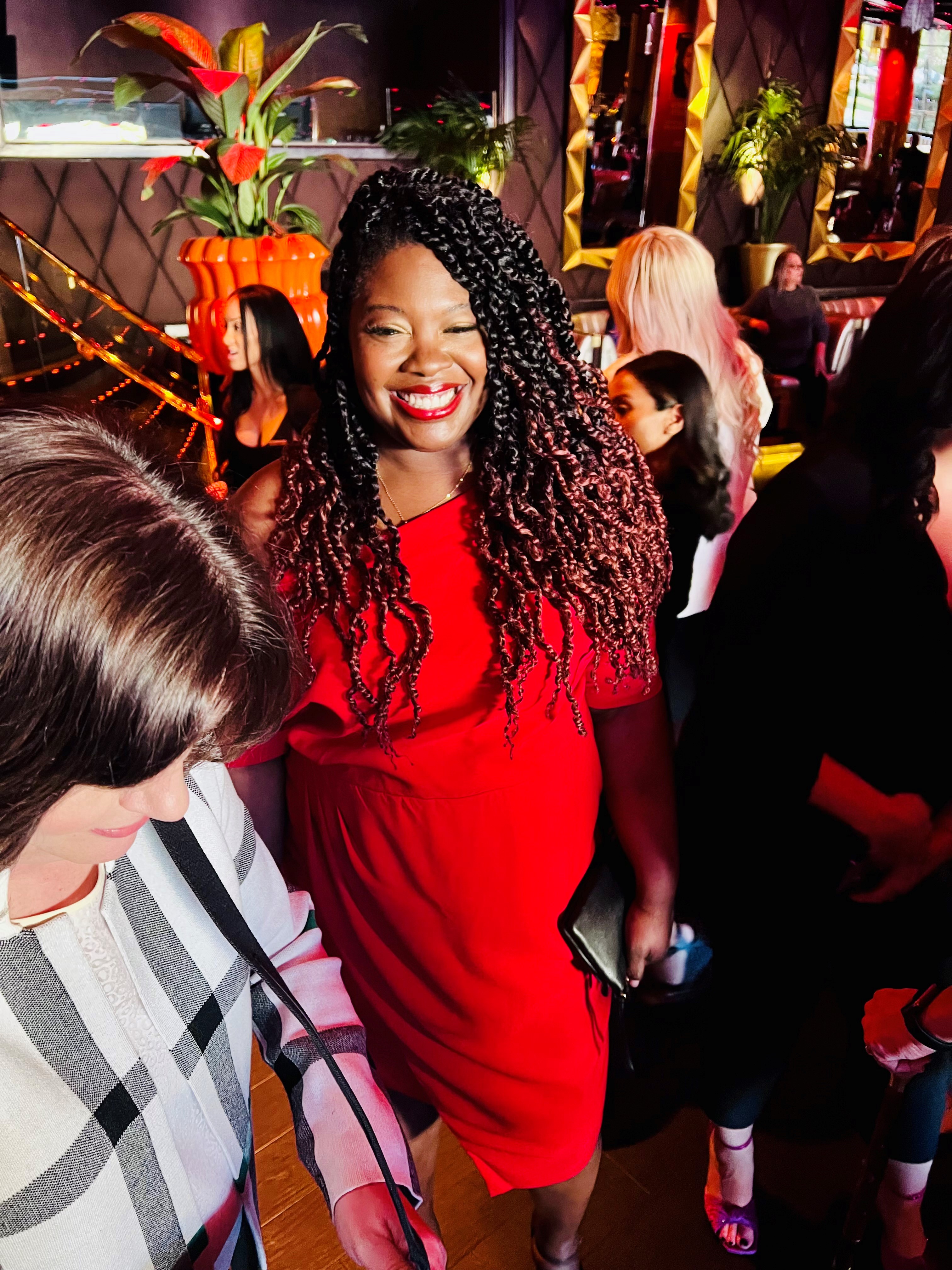
Cox: Anika, I’m thrilled to speak with you because you are one of the only black woman executives in a space that is male-dominated. Before I get deeper into knowing who this superstar CEO is, I want to know about your journey that got you here.
Howard: I’ve had an interesting and somewhat non-traditional path. I was recruited while obtaining my MBA from Arizona State University. At that time, Harrah’s Casino was recruiting for its MBA summer internship. From that program I was selected into the President’s Associate Program. This program is designed to introduce people to the gaming industry and bring different perspectives into the company. We would go through this rotation process, learning about the gaming industry. The initial intent was to develop company leaders that would eventually run their casinos. The traditional leadership path for most President’s Associates to become a Casino General Manager.
Cox: Was becoming a general manager part of your plan after graduation?
Howard: I was open to the opportunity and I wanted to learn. It was not something that I previously considered. However, during the rotation, it was clear to me that my passions and the contributions I could make would lead me in a different path. I’m a technologist and creative by nature. Early on in my rotation in the program, I started to see and identify opportunities for how technology could really streamline operations and change the way the company engaged players. I shared my ideas and thoughts and thus began my journey. I was fortunate that I started at a time when the company was also looking to innovate and connect on a different level with our players.
Cox: That’s very pioneering of you because, back then, you were there during the time before casinos really understood how technology could be incorporated into the players’ experience.
Howard: You are correct. At that time, and still in many cases today – the casino is very immersive, in person experience. Casino Hosts build relationships with players and much of the marketing is designed on finding ways to bring players to the casino. There was this belief and stigma that you couldn’t recreate this type of intimacy with the player online. A lot of my work early on was to disprove that theory and show that, in many cases, you can have an even more personalized and nuanced relationship with a player online. With technology, you have access to more information about the player, which allows us to create a more customized experience for that player.
Cox: With this career path you were set on, is there anything that stood out?
Howard: After my time at Harrah’s (now Caesars Entertainment), each successive opportunity I had in my career really grew really naturally one after the other. The trajectory of my path ran parallel to the industry’s acceptance of technology, specifically interactive. I was evolving and learning with the industry. Each position I held was newly created as the industry and the needs of companies I worked for evolved. So, I was profoundly different at every point in my career because the opportunities came because of the work that I had done. I’ve had to continually prove myself in order to grow and in many cases, building the foundation creates more opportunities for my successors. Sometimes being first is a harder path and I’m not often able to reap all of the benefits of because much of the continued growth and revenue potential happens over time.
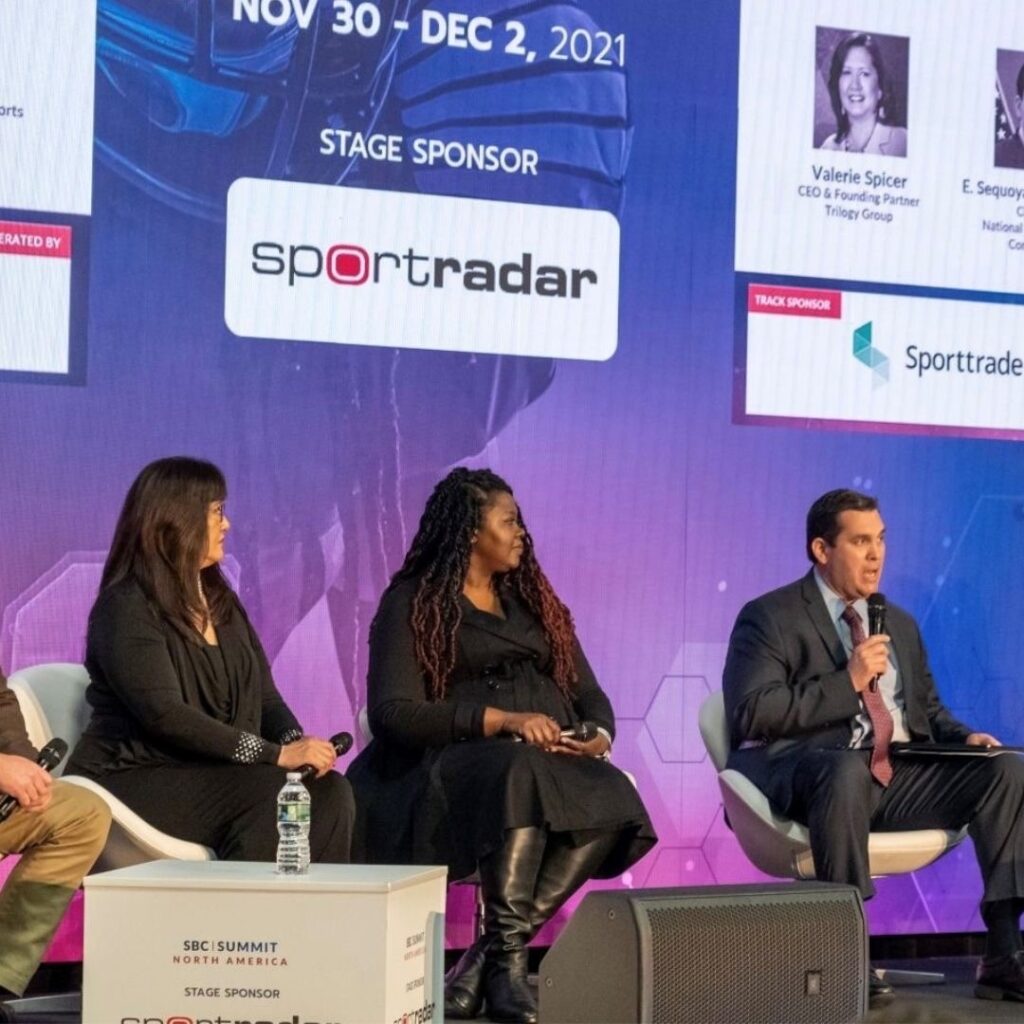
Cox: How was it navigating your career early at Harrah’s, which is now Caesars, as the only black woman there?
Howard: I remember the first opportunity I had to hire and build a team, I knew that my objective would be one of diversity. I created a Rainbow Coalition of incredibly passionate and competent executives. I think that when we have opportunities to do this, we shy away from them, but I wanted to make sure I created a model to say that you can bring diversity in and have a team excel even if they don’t look like everybody else.
Cox: As we are talking, I really get the sense of pride and joy in not just bringing diverse people on but also providing them with mentorship from you.
Howard:. That’s what I really enjoyed most about the work I do. I know I can make a difference. I’m proud to say that when I look around this industry, one of the few black VPs of entertainment on the Las Vegas Strip is a black woman that was one of my very first hires. It fills me with pride.
Cox: Speaking of mentorship, what are some of your thoughts as an executive for those who want to be in your position one day?
Howard: When it comes to mentorship, you don’t always have to find someone who looks like you; they can be someone who truly believes in you. That belief is important for any mentor to have. Early in my career, none of my mentors look like me, and that’s ok. Mentorship is nice, but it’s even better to have sponsors. Sponsors are those who are putting you out there and saying your name in places where you aren’t yet. They are saying your name at tables that you haven’t been invited to sit at yet. They are working to provide the opportunity for you to be seen. I’m very fortunate that I’ve had both.
Cox: You have this deep love for technology, diversity, and the intersectionality they both play in the advancement of businesses.
Howard: I love it because it’s my passion, but also it creates a proven competitive advantage and improves the overall company culture. When it comes to business, if you can’t see what you can’t solve, and that’s what happens when everyone is looking at the problem the same way or trying to attack it. There is no diversity of thought. You don’t have a diversity of ideas or experiences. You’ve seen this several times in the media with companies that have carried out questionable marketing campaigns. These things wouldn’t happen if they had more diversity because there would have been someone at the table to question it or bring up reasons why not to pursue it further.
Cox: With respect to diversity, what are some other points or thoughts you have for companies?
Howard: Studies have shown time and time again that with diversity comes innovation. However, you can’t try to have diversity for diversity’s sake in a company. It really has to be an environment that is built for collaboration and creativity. Executives and managers at this level need to be in a thought leadership mindset so that more ideas can be generated and that people aren’t coming from the same vantage point.
Diversity isn’t just what you look like. It’s everything from age, race, background, to how you think and approach a problem. I like finding people who think differently and are naturally curious and problem solves. I look for a balance of people outside of the gaming industry because I wanted to get outside of my normal way of thinking. Outside of the many bubbles our industries lie within, innovations are happening. I want to ask executives and others, “How are you taking advantage of that?”
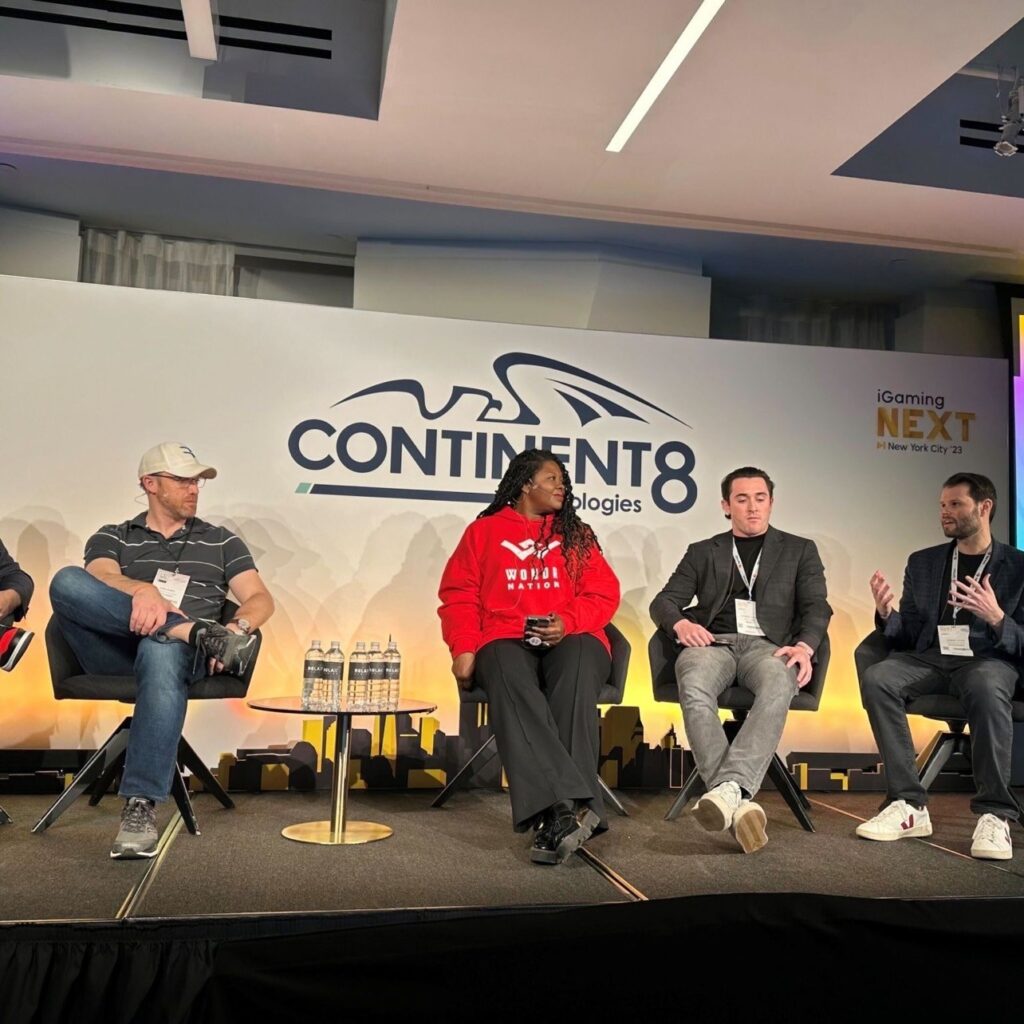
Cox: What’s a pitfall you see for leaders in any industry that hinders their ability to bring new ideas to the table and really innovate for their company?
Howard: There’s a follow the leader mentality that happens in every industry. It happens because you never get fired for maintaining the status quo. It’s a safe space to be in, and I think a lot of people get stuck in there playing it safe. They don’t go out of their comfort zone because things have always been done this way, so you must work to break up those patterns that are the killers of creativity and change. One time I was working on a project for a company I worked with called IGT, a European-based company. We were working to reverse engineer products to bring to the US market. I had to go back to the basics with our team and create a data dictionary. Things like this need to be done. There is a clarity that comes when you have to pull back all of your assumptions and tech and build it back up.
Cox: Innovation, diversity, and change truly start at the top in any organization.
Howard: When companies set out DEI initiatives, they have to really believe in them. I have seen many DEI professionals become frustrated in their positions because they have the title but not the autonomy to really inspire change. Without the real support of their executives, companies will always struggle.
It has to be part of the culture and DNA of an organization. Otherwise, you will have an influx of minorities that come into an organization and do not really feel welcome. They won’t feel seen, heard, given a voice, or given a seat at the table. Ultimately, they won’t be included in the decisions that matter. They will be just numbers on a board to fill out a report.
Cox: Thank you for sharing your experience and expertise in this industry. I would love to chat now about WONDR NATION and how you got your start there.
Howard: In 2019 and 2020, when the pandemic hit, a lot of casinos were hit hard. The hospitality overall was hit hardest. The Mashantucket Pequot Tribe owns and runs Foxwoods Resort Casino, where I was working. WONDR NATION is a business entity also owned and operated by the Mashantucket Pequot Tribe which leverages emerging technologies, like augmented reality and artificial intelligence, to bring exciting and new player experiences to the market. Strategy was the genesis and birth of the WONDR NATION. The Mashantucket Pequot Tribe came to me because they were looking to create diversity and a legacy for their tribe. They wanted to do something that was different and would make them stand out from others in the industry.
Cox: Oh wow, so you really grew this from the ground up?
Howard: That’s what I love about building and leading Wondr Nation. I had the opportunity to create and be part of every single component of how this company was created and would go to market. I was involved in all the different aspects, from strategy, organizational structure, working with our legal team, hiring, and developing the name and brand. This was something I am very passionate about because I wanted to make sure it was a company that was tribally rooted and grounded and that the core tenants of the organization lined up with what was important for the tribe.

Cox: What future do you see for WONDR NATION? Where do you see it going?
Howard: I think about this often. I have to go back to the beginning and our tagline reimagining gaming entertainment. I want to stay the course and create an opportunity for the tribe to be a thought leader in the interactive space. This is something I knew would be unique for us in this market. I want us to continue to look at things differently, be rooted in ideas, and focus on innovation. It’s about keeping the community growing as well. The best way to put it is to create an ecosystem of design and organization in which we have a community-minded focus on responsible gaming, innovation, and growth in the marketplace.
Cox: Anika I have really enjoyed this conversation with you. I want to end with advice for a new CEO stepping into the role. What things do you find important for any CEO or executive in any position to help make sure a company is in a position for success and stays ahead of the trend?
Howard: There are two things.
The first is a clear vision and strategy. This is something that helps you lead and guide others but also serves as a reference point when you need to revisit how you got here or why.
The second is having a foundation. It’s important to have this roadmap built into the foundation of your business and practice but remember to be flexible. Don’t build yourself into a box. The foundation work isn’t the sexiest part, but if it’s done correctly, you can scale accordingly.


